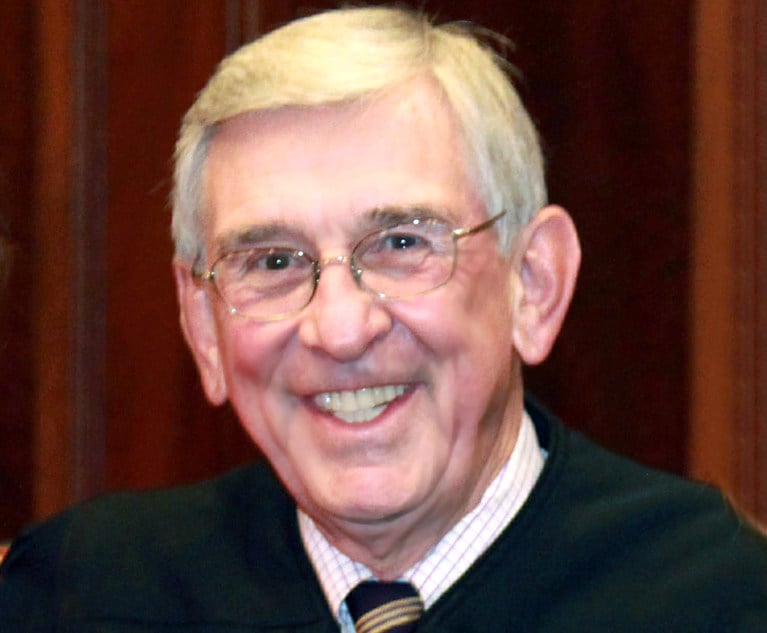During the last two decades, U.S. Supreme Court justices have become less like traditional inquisitors during oral arguments and more like advocates for their own positions, a reflection of a politically polarized Congress and society, according to a new empirical study.
Examining more than 6,000 argument transcripts from 1960 to 2015, the study’s authors—Tonja Jacobi of Northwestern University Pritzker School of Law and Matthew Sag of Loyola University Chicago School of Law—found what they describe as a dramatic change in the justices’ behavior post-1995 as the “Republican Revolution” in Congress took hold.
This content has been archived. It is available through our partners, LexisNexis® and Bloomberg Law.
To view this content, please continue to their sites.
Not a Lexis Subscriber?
Subscribe Now
Not a Bloomberg Law Subscriber?
Subscribe Now
LexisNexis® and Bloomberg Law are third party online distributors of the broad collection of current and archived versions of ALM's legal news publications. LexisNexis® and Bloomberg Law customers are able to access and use ALM's content, including content from the National Law Journal, The American Lawyer, Legaltech News, The New York Law Journal, and Corporate Counsel, as well as other sources of legal information.
For questions call 1-877-256-2472 or contact us at [email protected]

 U.S. Supreme Court building in Washington, D.C.
U.S. Supreme Court building in Washington, D.C.








